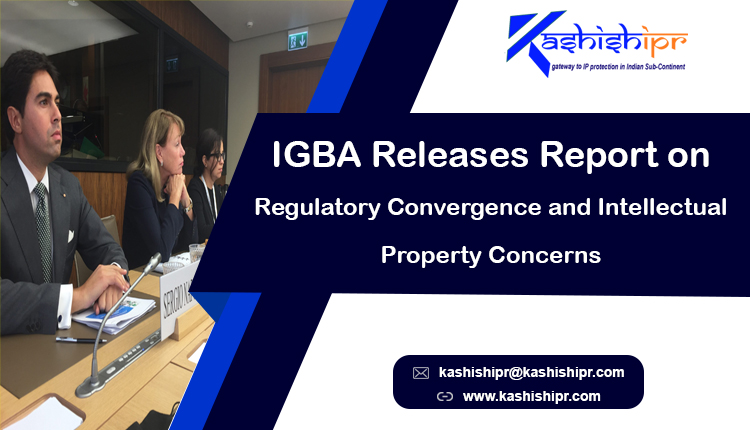IGBA Releases Report on Regulatory Convergence and Intellectual Property Concerns
The International Generic and Biosimilar Medicines Association (IGBA), has recently published a report on how trade agreements can nourish the biosimilar and generic medicines and improve patient access to care.
The association reported that it firmly supports the multilateral trading system, which ensures that the rule of law and due process are the basis on which international trade is conducted, and arranges its priorities for biosimilar and generic products in trade agreements.
In a statement, the chair of IGBA International Trade and Intellectual Property Committee – Jim Keon said that while the trade agreements should focus on expediting trade between nations, all too generally they observe agreements that establish and upraise new barriers to trade biosimilar and generic medications and thwart access to affordable medicines. He further mentioned that when it comes to generic and biosimilar products, the removal of these barriers would be advantageous in many ways, like reducing their development costs, allowing free trading of these, and avoiding delay in their entry into the market.
IGBA, firstly, called for noteworthy transparency in regulatory and legislative processes for products, along with considerable regulatory convergence of requirements related to product approval. The association highlighted its concerns about conditions that would allow the generics to be developed in single programs and supports convergence in requisites for assessment of generics to decrease development costs.
For biosimilars, the organization said that it noted some regulators are seeking to allow the use of foreign comparator products, and therefore, trade agreements could require frameworks that approve convergence of data requirements and global development programs for biosimilars.
IGBA also called for the trade agreements to develop and improve collaborative approaches to product manufacturing practice, and avoid duplication of inspections.
The organization raised concerns in regards to Intellectual Property (IP) requirements in trade agreements and said that bilateral negotiations in comparison to multilateral ones could result in the formation of new IP standards, which can alter the balance between encouraging investment and ensuring competition. Hence, the provisions on the patentability of inventions should showcase the Agreement on Trade-Related Aspects of Intellectual Property Rights, i.e., TRIPS agreement. It further continued that the data exclusivity is not mandated by this famous agreement and ideas to propose data exclusivity in trade agreements should be denied.
IGBA even opposed the insertion of provisions generating longer market exclusivity period for biologics. Besides, the association uncovered its concern relating to abusive IP-related practices and proceeded by announcing that it would join the negotiators for providing information about the way treaty language can defend against abuses.
At last, the report while showing IGBA’s concern regarding the incentives for biosimilars and generics stated that the nation where data protection is high and patent linkage exists should have clear frameworks, focusing on incentives. For more visit: https://www.kashishipr.com/
Don’t forget to follow us on social media:
Facebook – https://www.facebook.com/kashishipr/
Twitter – https://twitter.com/kashishipr
Linkedin – https://www.linkedin.com/company/kashishipr/
Pinterest – https://www.pinterest.com/kashishipr/
Tumblr – https://kashishipr.tumblr.com/

